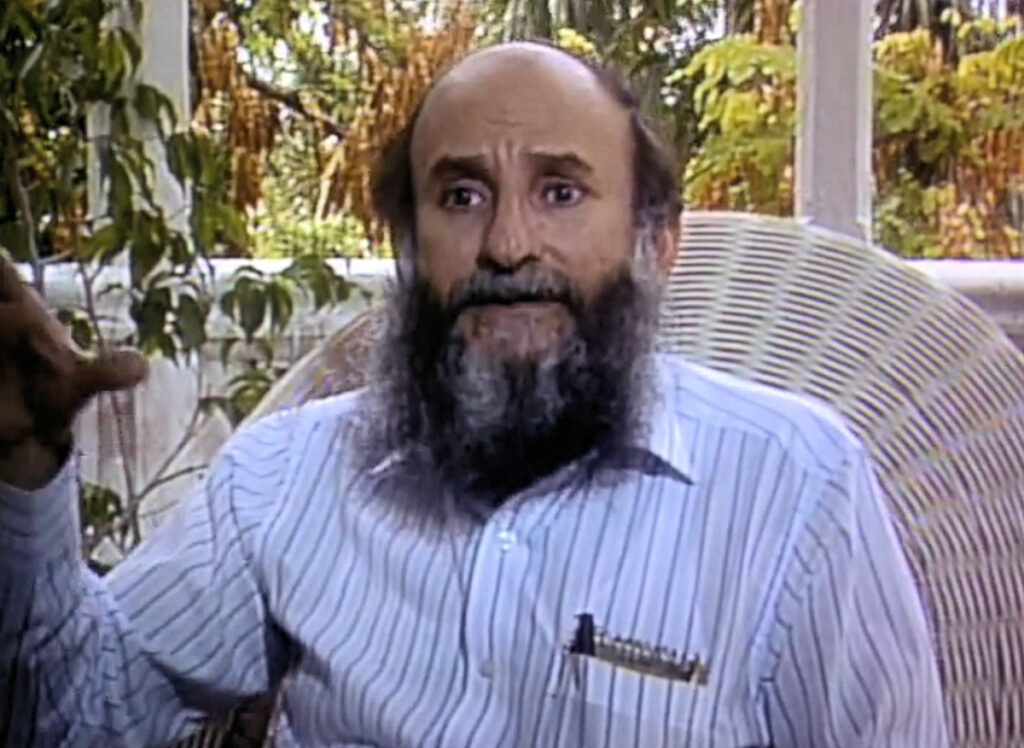(Français)
We have entered a tumultuous period in world history where we are witnessing in realtime the collapse of the U.S. Empire faced with the rising independence and power of nations that were either formerly oppressed colonies or nearly so at the turn of the last century.
China and Russia, respectively the largest in population and landmass, lead the growing queue of nations joining the new multipolar world project, which aspires to a more cooperative and peaceful international order.
Over the decades leading up to this moment, Cuba, South Africa, North Korea, Venezuela, Bolivia, and Nicaragua (among others) have all provided examples of how countries can resist U.S. imperialism and its allies.
But due to their long, tortured, and arduous histories, two small nations have become humanity’s exemplars of dogged, popular resistance and are forging a vanguard path: Palestine, in the Eastern Hemisphere, and Haiti, in the West. In many ways, the determination of each has pushed Washington’s neoliberal warplane into a nose-dive.

The two are similar in area, at least historically. Palestine, before its 1948 dismemberment, and Haiti, are both just over 10,000 square miles, about the size of Maryland or Massachusetts. They also have comparable populations, about 14 million Palestinians worldwide, and about 15 million Haitians.
They also have similar histories. Both occupy geopolitically strategic lands which have been war-ravaged and scrimmaged over by foreign powers: the Ottoman Empire, France, and England over Palestine in the late 19th and early 20th centuries, and Spain, France, and England over Haiti a century earlier.
The political classes of both nations are rent with divisions, having no clear, unified leadership. However, through pride in and awareness of their histories, hardened by decades of oppression, both Palestinians and Haitians maintain a cohesive consciousness of their emblematic vanguard role.
Haiti, which carried out history’s first and last successful slave revolution in 1804, has been punished and regularly occupied over the last 220 years. Palestine, butchered on the imperialist altar in 1948, has experienced the same outrageous treatment for the last 75 years and now stands poised to carry out the first successful revolution against settler colonialism, of which Israel is perhaps history’s most repugnantly brazen and virulent example.
two small nations have become humanity’s exemplars of dogged, popular resistance and are forging a vanguard path
Hamas’ extraordinarily successful Oct. 7 attack against its Israeli occupiers, sparking the genocidal fury that Israel is now unleashing on Gaza, has galvanized the universal disgust for the Zionist state by the Arab World and Global South generally.
Similarly, Haiti’s refusal to bow to Washington’s agenda despite three military occupations since 1915, and its continuing resistance to a fourth intervention being devised with Kenyan troops, has also stymied U.S. plans to make the country a bulwark against the multipolar movement’s incorporation of the land of founding father Jean-Jacques Dessalines and anti-occupation guerrilla leader Charlemagne Péralte.
Antoine Izméry was an anti-imperialist Haitian bourgeois of Palestinian descent who embodied and articulated the aspirations of the Haitian and Palestinian people. “The U.S. government will never tolerate a nationalist government,” he said in a 1992 interview. “In other words, a government which wants popular power.”
For his close association with and defense of President Jean-Bertrand Aristide’s government, a Haitian death squad hauled him out of a church and executed him in the middle of a street with a bullet to the head on Sep. 11, 1993, three decades ago.
Nonetheless, his example, like that of the thousands of Palestinian martyrs whom Israel is slaughtering today, cannot be extinguished.
And herein lies the great power that both the Palestinian and Haitian people wield. Through their decades of sacrifice, as well as resistance to and endurance of violence, injustice, and aggression, they have earned the respect and attention of nations around the world.
Is it possible that the heroic path they and their ancestors have traced will soon result in an end to their sufferings and the opening of a new age of peace, development, and prosperity? The response is clearly “Yes!”











[…] Haiti and Palestine: Small Nations but Symbolically Huge Haiti Liberte […]
[…] (English) […]
[…] (Anglais) […]
[…] it may turn out that two of the world’s greatest political underdogs – Haiti and Palestine – will finally begin to see their future brighten after decades of […]
[…] it may turn out that two of the world’s greatest political underdogs – Haiti and Palestine – will finally begin to see their future brighten after decades of […]